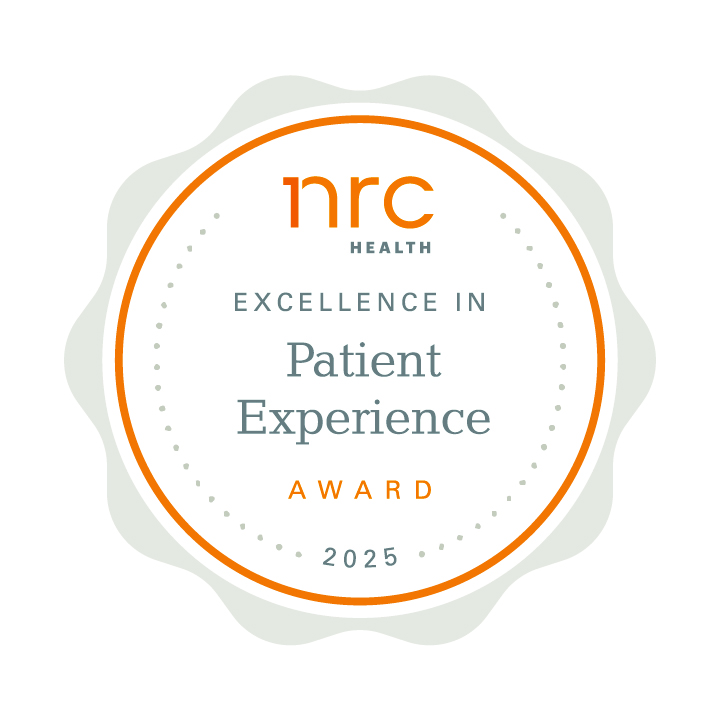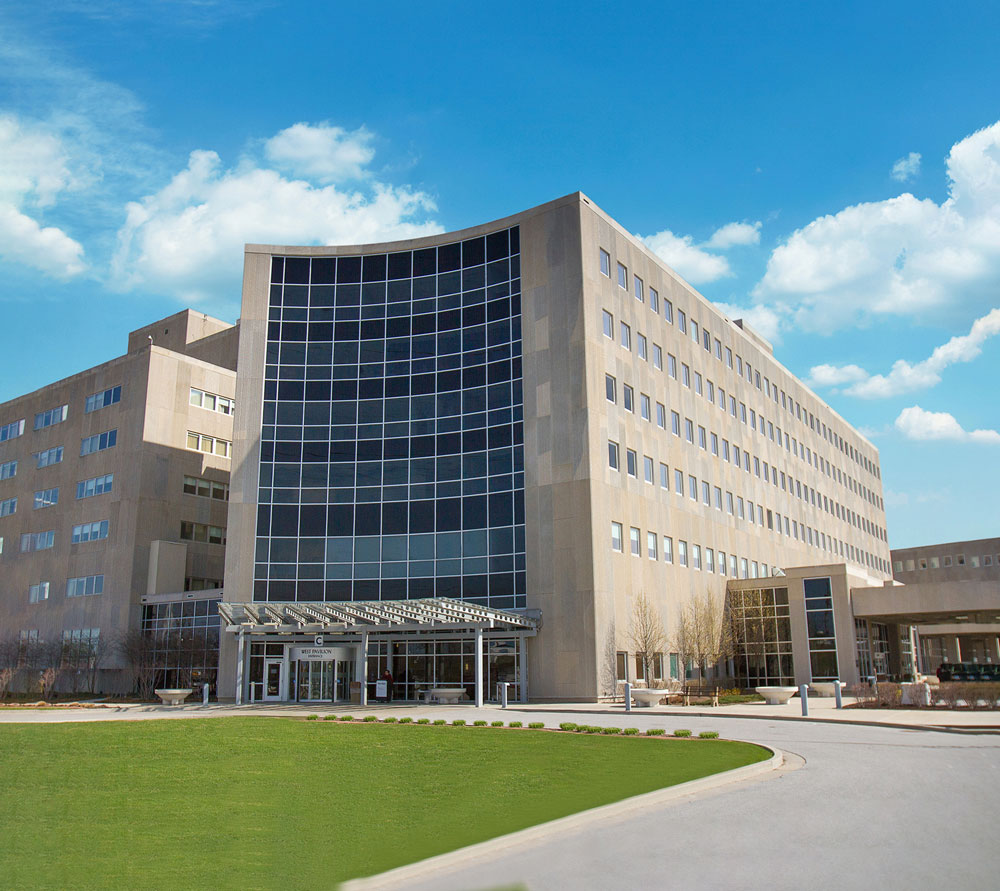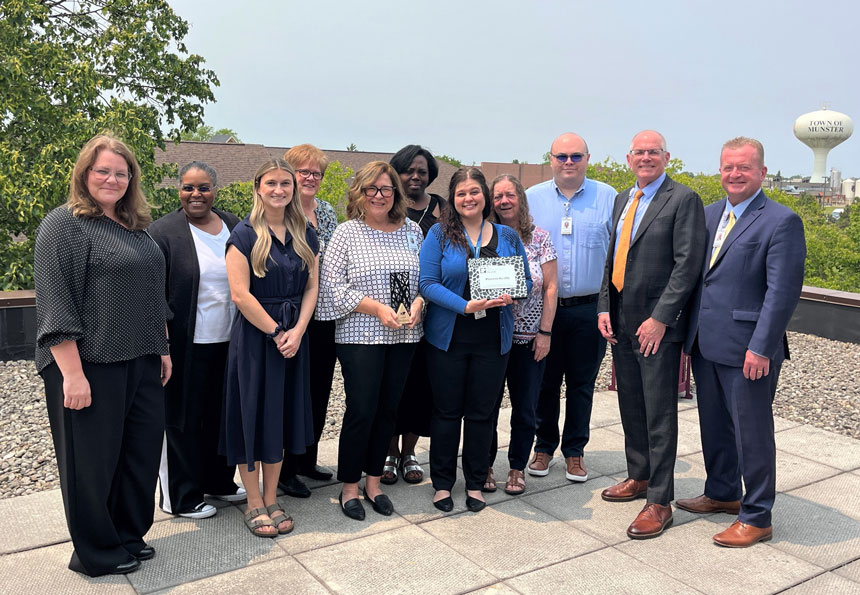
Schererville resident Teri Milcarek is no stranger to sinus infections.
“Each year I would get at least one infection,” she says. “The past couple of years it seemed like I was getting them more often and they lasted longer-sometimes causing me to miss work. I tried antibiotics and nasal sprays. Sometimes it worked; sometimes it didn’t.”
Recently the pain from the recurrent sinus infections became too much to bear.
“It was as if someone had kicked me in the head with a steel-toed boot. I would have a headache all day every day. The pain I suffered affected my home and work life. It became so difficult to think clearly.”
Milcarek’s primary care physician referred her to Kedar Kakodkar, MD, a board-certified and pediatric fellowship-trained otolaryngologist with Community Care Network (CCNI) who has advanced training in adult and pediatric Ear, Nose and Throat (ENT) conditions and reconstructive surgery.
“When Teri first came to see me, she was experiencing key symptoms of chronic sinusitis-facial pain and pressure pain and chronic headaches,” Kakodkar says. “She had been battling these symptoms for quite a while.”
After a CT scan revealed no issues that would require a more invasive medical approach, Kakodkar recommended balloon sinuplasty.
Balloon sinuplasty is a minimally invasive endoscopic sinus surgery that uses a sinus catheter, tiny narrow hollow tube, to position a balloon into the blocked sinus passageway. The balloon is then inflated to gently restructure and open the passageways, restoring normal sinus drainage and function.
“We follow the natural opening of the sinuses which everyone has, and introduce the balloon to create a wider opening, releasing the pressure,” explains Kakodkar. “It’s like turning a one-lane highway into a two-lane highway. It provides better ventilation and a clearer path to keep the sinus passages clean and healthy.”
Benefits of balloon sinuplasty include reduced bleeding and a faster recovery time as compared to other more invasive sinus surgery, he says. A typical in-office procedure takes about 35-40 minutes and requires only a mild sedative.
“After the procedure, I went home, took the pain pill as instructed by the doctor and laid down for about 40 minutes,” Milcarek says. “That was it. I haven’t had any pain since. It’s a miracle! I have so much more energy now.”
Kakodkar says this procedure has a high success rate for the right candidate, but cautions that it’s important for patients to speak with their ENT specialist to ensure they have the appropriate nasal anatomy for optimal treatment with balloon sinuplasty.
“The more awareness patients have about the procedures available to them, the more we can curtail the roller coaster of over-the-counter medicines and antibiotics and help them get better faster with less downtime.”
Balloon sinuplasty and other treatments for chronic sinus conditions are available through several ENT specialists within CCNI. For more information on the procedure, visit our webpage here. To find a doctor on staff at the hospitals of Community Healthcare System who performs the balloon sinuplasty procedure, click here.


